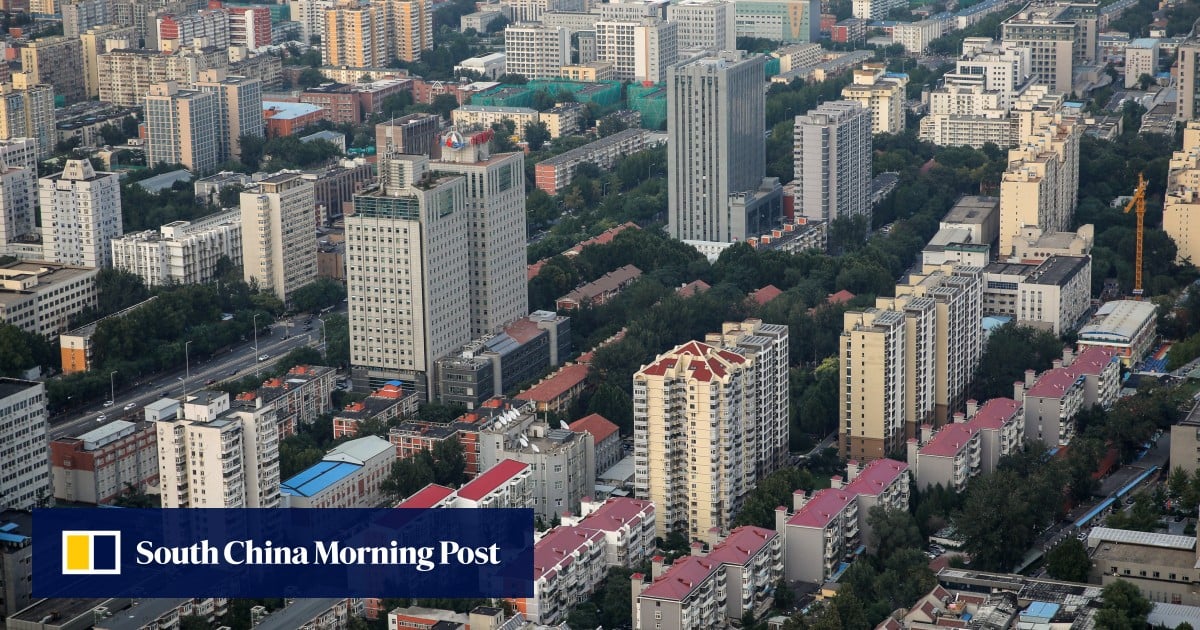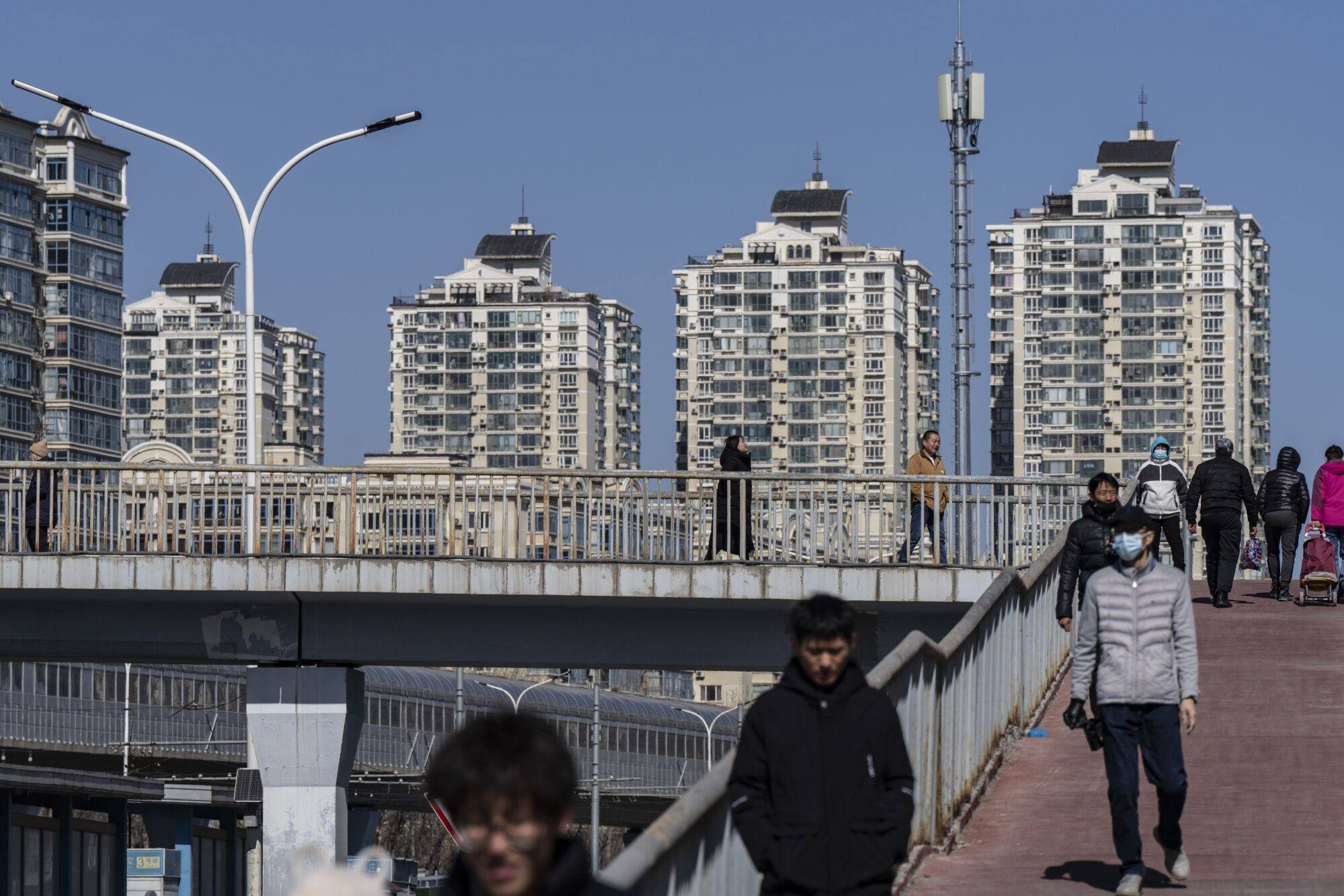
07 Apr Sales spike for China’s pre-owned homes in early 2024 points to property-market recovery later this year, analysts say
China’s pre-owned homes market is showing signs of recovery, based on data for the first two months of 2024, amid continued efforts by authorities to ease purchase restrictions to arrest a prolonged nationwide property slump.
Sales of second-hand homes in 25 major cities across the country jumped by nearly 25 per cent in January and February compared with the same period in 2022, according to data published in March by the China Index Academy, a real estate research firm.
While sales declined 13.1 per cent compared to 2023 – partly due to a high base because pent-up demand caused sales to spike after China scrapped its Covid lockdown rules in late 2022 – they nonetheless could herald a more significant recovery later this year, according to analysts.
“Sales went down, but there is still a good amount of activity in the pre-owned homes market, as is reflected in the increased number of listings,” said Yan Yuejin, director of the Shanghai-based E-house China Research and Development Institute.

“This gives buyers more options. An increase in supply also drives down prices, and as sellers begin to take bigger cuts on prices, the value for money of pre-owned homes will become more obvious.”
The number of listings in 14 major cities across China rose by 56.9 per cent year on year in February, marking an 18th consecutive monthly increase, according to official data.
Activity in the pre-owned homes segment is showing good momentum in higher-tier cities like Beijing, where the number of listings rose 8 per cent month on month to 146,435 as of the end of March, according to data from Ke Holdings, a housing transaction platform.
In Shenzhen, China’s tech hub, contracted sales rose 116.6 per cent month on month to 5,196 in March, according to the local real estate association.
Lindsay Zhang, a Beijing resident who works in finance, has had her eye on a second-hand flat in a convenient location selling for 100,000 yuan (US$13,824) per square metre, which fits her budget. But she is in no hurry.
Beijing, Shanghai among casualties as China’s pre-owned home prices slip again
Beijing, Shanghai among casualties as China’s pre-owned home prices slip again
“The stimulus measures did not seem to have a significant impact on demand in Beijing, and prices will probably drop further,” she said. “I might wait until September or October to make a move, or at least when the prices have dropped by 15 to 20 per cent of the original.”
As of the first quarter of 2024, local governments across the country have rolled out over 100 measures to ease home-purchase restrictions, as tallied by the China Index Academy.
For example, on March 27 Beijing scrapped a rule that restricted divorcees from buying new properties within three years of the divorce. The restriction was originally introduced in 2021 to curb speculative behaviour in the overheated housing market.
Hangzhou, the capital of eastern Zhejiang province, scrapped all eligibility criteria around pre-owned home purchases in mid March in its latest effort to shore up demand. The city saw its contracted sales in March jump 236 per cent month on month to 8,557.
In February the People’s Bank of China (PBOC) unveiled a 25-basis-point cut to its five-year loan prime rate – a key mortgage benchmark – to encourage home buying. It was the biggest cut the central bank has made since it revamped the system in 2019.
What oversupply? Real risk for China’s property market is overcorrection
What oversupply? Real risk for China’s property market is overcorrection
PBOC governor Pan Gongsheng said last month that some “positive signals” are beginning to show in the country’s property sector.
“If you look across the country, you’ll see that purchase restrictions still remain [in place] here and there in the pre-owned homes market, especially in larger cities,” said E-house’s Yan. “These curbs can be removed entirely, just like in Hangzhou. Relaxing rules in the pre-owned homes market can generate demand for housing upgrades, as people can sell their old houses to purchase new ones, thereby revitalising the whole market.”
